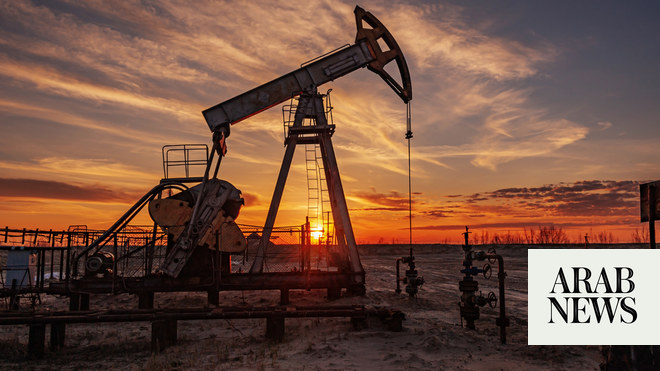
NEW YORK (Reuters) - Oil prices rose 2% on Monday to their highest in over a year, with Brent nudging past $60 a barrel, boosted by supply cuts among key producers and hopes for further U.S. economic stimulus.
Brent rose $1.22, or 2.1%, to settle at $60.56 a barrel, while U.S. West Texas Intermediate rose $1.12, or 2%, to settle at $57.97 a barrel. Both benchmarks were at the highest since January 2020.
“Managing to breach $60 again feels like the market is finally resurfacing after the long struggle and (taking) a proper breath,” said Rystad Energy’s vice president for oil markets Paola Rodriguez Masiu. “It offers a feeling of normality again.”
Brent and WTI have risen more than 60% since the start of November due to optimism around coronavirus vaccine distributions as well as production cuts from OPEC+ members.
“There seems to be a paradigm shift in the market,” said Phil Flynn, senior analyst at Price Futures Group in Chicago. “There is a sense that the glut of oil supply is disappearing more rapidly than anybody thought possible.”
Saudi Arabia pledged extra supply cuts in February and March following reductions by other members of the Organization of the Petroleum Exporting Countries and its allies.
In a sign that prompt supplies are tightening, the six-month Brent spread hit a high of $2.54 on Monday, its widest since January last year, a signal of demand for current supply.
OCBC economist Howie Lee said the world’s top exporter Saudi Arabia sent a “very bullish signal” last week when it kept monthly crude prices to Asia unchanged despite expectations for small cuts.
“I don’t think anybody dares to short the market when Saudi is like this,” he added.
Investors are keeping watch on a $1.9 trillion COVID-19 aid package for the United States that is expected to be passed as soon as this month.
Hopes that Iranian oil exports would soon return to the market have been dampened, supporting oil prices.
U.S. President Joe Biden said the United States would not lift sanctions on Iran simply to get it back to the negotiating table, while Iran’s Supreme Leader Ayatollah Ali Khamenei said all sanctions should be lifted first.












